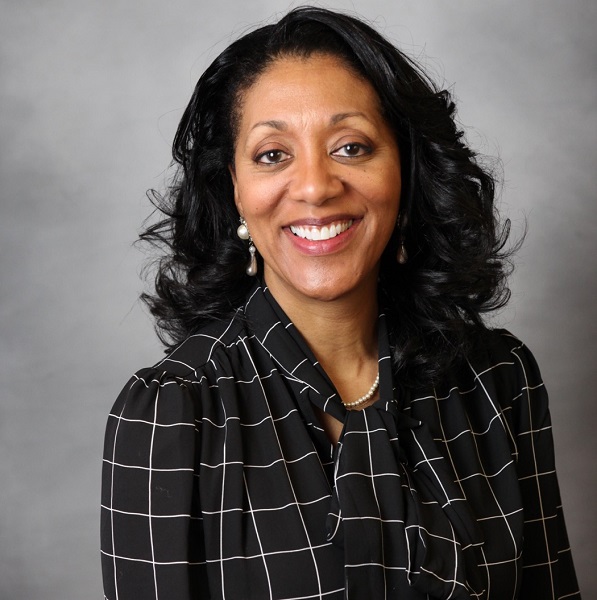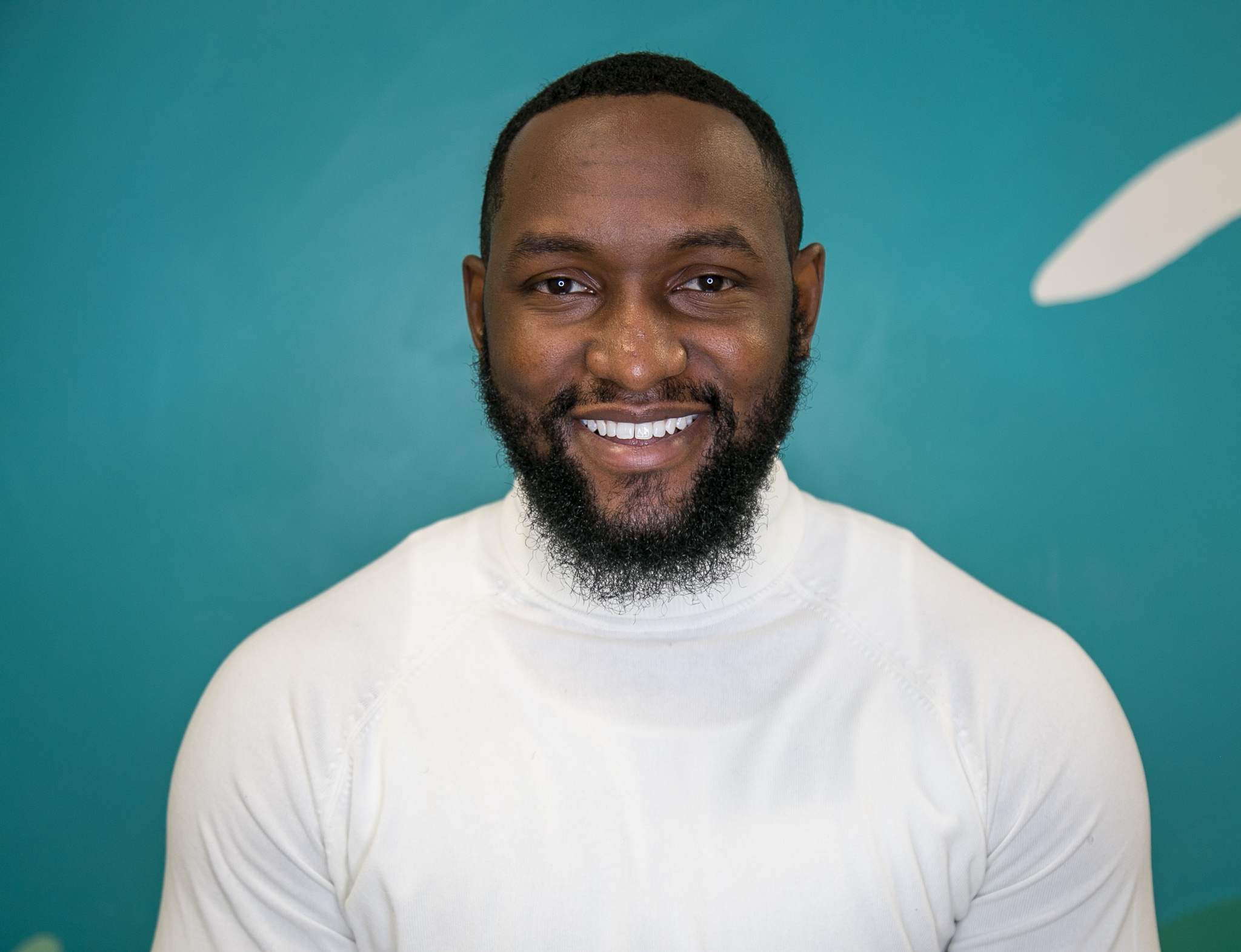Dismantling Racism in Global Engagement
November 19, 2020
The Tuesday Topic on October 13th, “Dismantling Racism in Global Engagement,” focused on racism in global engagements and the many ways that it affects our society today. This cofacilitated event presented by the Board for Global Health Engagement featured speakers Idris Robinson, MPH, director of Global Health Programs, and Veronica Carey, PhD, CNHP’s assistant dean of Diversity, Equity and Inclusion and chair of the Board of Diversity, Equity and Inclusion.
 Carey and Robinson covered various areas in relation to Drexel as a university, such as the global engagement opportunities Drexel offers and the challenges and conversations accompanying racism and how those affect our students here and abroad. They also explored the concept of color blindness and engaged attendees in thought-provoking discussions as these concepts were unraveled and examined. Carey and Robinson extended its impact using creative activities to expand on the overall reality of racism on a global scale.
Carey and Robinson covered various areas in relation to Drexel as a university, such as the global engagement opportunities Drexel offers and the challenges and conversations accompanying racism and how those affect our students here and abroad. They also explored the concept of color blindness and engaged attendees in thought-provoking discussions as these concepts were unraveled and examined. Carey and Robinson extended its impact using creative activities to expand on the overall reality of racism on a global scale.
“To go beyond racism, we must first take into account race. There is no other way. And in order to treat some persons equally, we must treat them different.” - Harry Blackmun
 Robinson used this quote by former Associate Justice Harry Blackmun to emphasize the importance of fairness and equity in global healthcare engagement. He showed a pattern in the breakdown of who is participating in global engagement—students who are Black, Indigenous and people of color (BIPOC) are 50 percent less likely to participate in study abroad programs. More than 50 percent of study abroad programs are based in Europe more so than other countries. To bridge the gap between participating students and countries, Robinson offered reasons for and solutions to create more equity in global healthcare outreach for students. Acknowledging the differences in culture and background and erasing the colonial posture—the idea that “we are better than them”—helps qualify students in every aspect. Many global healthcare programs advertise having the best methods and the better agenda, furthering the “us vs. them” divide between participating countries. Robinson ended his presentation by explaining the importance of equity and inclusion in global healthcare: to help majority populations understand different cultural perspectives, to gain a broader American perspective from multicultural participation, and to help students in developing their own identity in an increasingly interconnected world.
Robinson used this quote by former Associate Justice Harry Blackmun to emphasize the importance of fairness and equity in global healthcare engagement. He showed a pattern in the breakdown of who is participating in global engagement—students who are Black, Indigenous and people of color (BIPOC) are 50 percent less likely to participate in study abroad programs. More than 50 percent of study abroad programs are based in Europe more so than other countries. To bridge the gap between participating students and countries, Robinson offered reasons for and solutions to create more equity in global healthcare outreach for students. Acknowledging the differences in culture and background and erasing the colonial posture—the idea that “we are better than them”—helps qualify students in every aspect. Many global healthcare programs advertise having the best methods and the better agenda, furthering the “us vs. them” divide between participating countries. Robinson ended his presentation by explaining the importance of equity and inclusion in global healthcare: to help majority populations understand different cultural perspectives, to gain a broader American perspective from multicultural participation, and to help students in developing their own identity in an increasingly interconnected world.
Carey, the second presenter, spoke to language and labels. She asserted that there are preferable and proper terms to use when engaging in conversation about global engagement. For instance, using of the word “developing” as a label perpetuates the colonizer-colonizing relationship. She encouraged people to instead use a region’s actual name, global south or north and lower- or middle-income countries. Carey stressed the importance of carrying humility and being humble when entering someone else's country and culture and underscored it with an activity on implicit bias. The results of this innovative tool sparked enthusiastic conversation among participants. Try it out for yourself.
- Think of a number between 1 and 10,
- Add 2.
- Double the number.
- Subtract your original number.
- Add 8.
- Subtract your original number.
- Divide by 3.
- Find the corresponding letter of the alphabet (1=A, 2=B, 3=C, etc.).
- Think of a country that starts with that letter.
- Think of an animal that starts with last letter of the country.
- Think of a fruit that starts with the last letter of the animal.
If your answers were Denmark, kangaroo and orange, then you are part of the 70-90 percent of participants who ended up with this phrase. This result may indicate an implicit bias within individuals or groups.
This event, “Dismantling Racism in Global Engagement,” discussed important issues around the contemporary forms of racism, racial discrimination and intolerance. Continued conversations like this Tuesday Topic are needed and important to incorporate in all spaces that we occupy.
More information can be found on Implicit Bias Training here.
Written by Alexandra Hussain, Emily Thomas and Vaibhavi Bharadwaj


